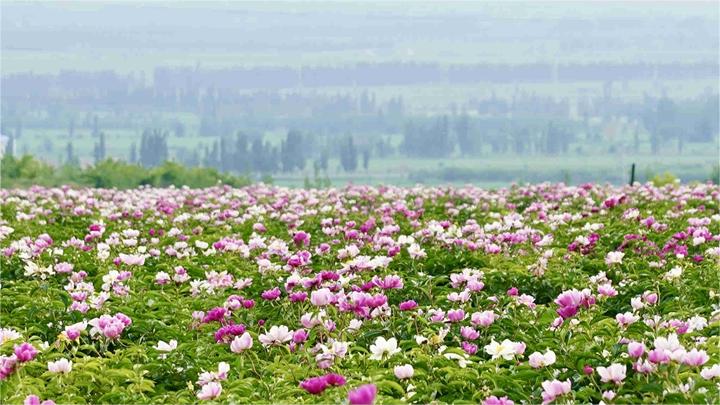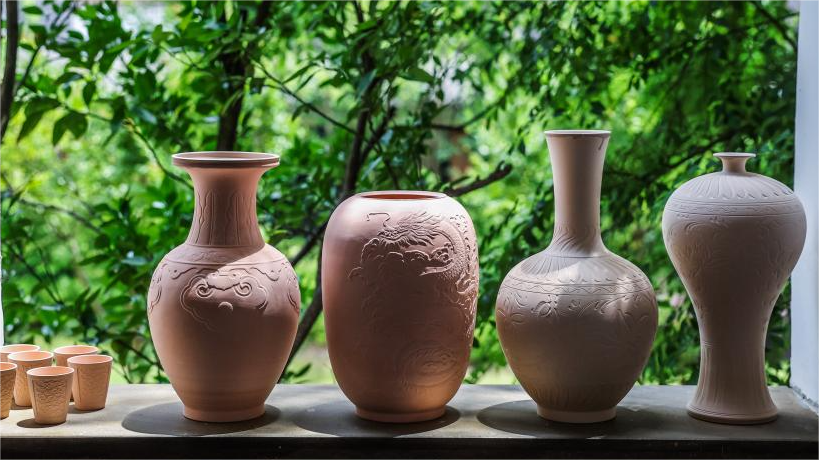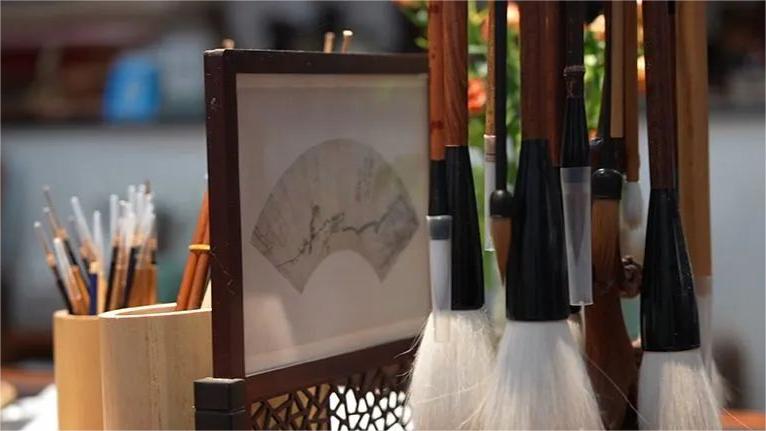Chengdu archives show vibrant role of city's old teahouses
CHENGDU, June 9 (Xinhua) -- In the 1930s, a Sichuan opera about a black slave and his heroic deeds was staged in a teahouse in Chengdu, capital of southwest China's Sichuan Province. The story was based on Harriet Beecher Stowe's 1852 novel "Uncle Tom's Cabin."
This story of black slaves resisting oppression and fighting for freedom managed to cross the Pacific and spread through the streets and alleys of a distant Chinese city, in what was a relatively slow era for information transmission.
In May this year, archives relating to traditional teahouses of Chengdu were listed as documentary heritage on the Asia Pacific regional register of UNESCO's Memory of the World (MOW) Programme.
The collection of documents that record the operation of tea-drinking businesses in Chengdu comprises 6,345 items, spanning from 1903 to 1949. The materials take a wide range of forms, such as manuscripts, business documents and photographs.
One record shows that in 1909, there were 516 streets and alleys in Chengdu and 454 teahouses. A document from the "Sichuan Provincial Capital Police Station" shows that there were 641 teahouses in the city in 1929.
In addition to registration certificates, business licenses and lease contracts, the archives also show some inclusiveness in the range of customers -- folk artists, small merchants and foreign consular officials. There are also materials on the protection of women's employment rights and interests in teahouses, as well as the prohibition of harassment of women.
A wire recording from 1949 reveals a young Swedish visitor's impression of a teahouse in Chengdu: "This is a very large room, about 50 meters long and 20 meters wide. I guess that there are more than 400 guests... You can get a haircut, shave and even sit in a seat and ask someone to pick your ears..."
Based on the background noise, the teahouse was buzzing with people, and the traffic outside was heavy.
The Swedish man is Goran Malmqvist, a sinologist and a member of the Swedish Academy. During his stay in Chengdu, the teahouse offered a window through which he could capture the rhythm of the dialect and observe life in the city.
Archives show that cultural exchanges in teahouses were flourishing, not only providing a stage for traditional local dramas, such as Sichuan Opera and shadow play, but also "new culture" such as film screenings.
The teahouses also performed other functions, providing venues for business negotiations, important activities, information exchange and social dispute mediation. In 1918, the British and French consulates and business delegations held tea parties at a teahouse to celebrate their nations' victory in the First World War.
One manager at the Chengdu Archives said the collection bears witness to the development of modern tea culture and the changes that have taken place in the city, reflecting the multiple functions of old teahouses in leisure and entertainment, information exchange, commodity trade, cultural exchanges, etc., acting as precious historical materials for studying urban development.
Wang Di, a historian born in Chengdu, has written a book on Chengdu's teahouses, using materials from the archives. He said that through the teahouses, one can not only see the development of the city, but also the daily life of the masses.
Today, Chengdu has a population of more than 21 million people, making it one of the most economically dynamic cities in southwest China. Among a forest of skyscrapers, more than 20,000 teahouses still provide comfort to each and every guest who walks in.
Photos
Related Stories
- 2024 China Sport Show opens in Chengdu
- Exploring biodiversity at horticultural exhibition 2024 in Chengdu
- Chengdu wins IAEE International Excellence Award 2024
- Chengdu expo: Floral cultures and eco-friendly coexistence
- SW China's Chengdu showcases vivid scenes of green development at 2024 Int'l Horticultural Exhibition
- Chinese vice president attends opening ceremony of Int'l Horticultural Exhibition 2024 Chengdu
- International Horticultural Exhibition 2024 Chengdu kicks off
- Preview of International Horticultural Exhibition 2024 in SW China's Chengdu
- Chengdu-Chongqing: new highlight of opening up in western China
- A glimpse into comfortable life of people in SW China's Chengdu
Copyright © 2024 People's Daily Online. All Rights Reserved.









